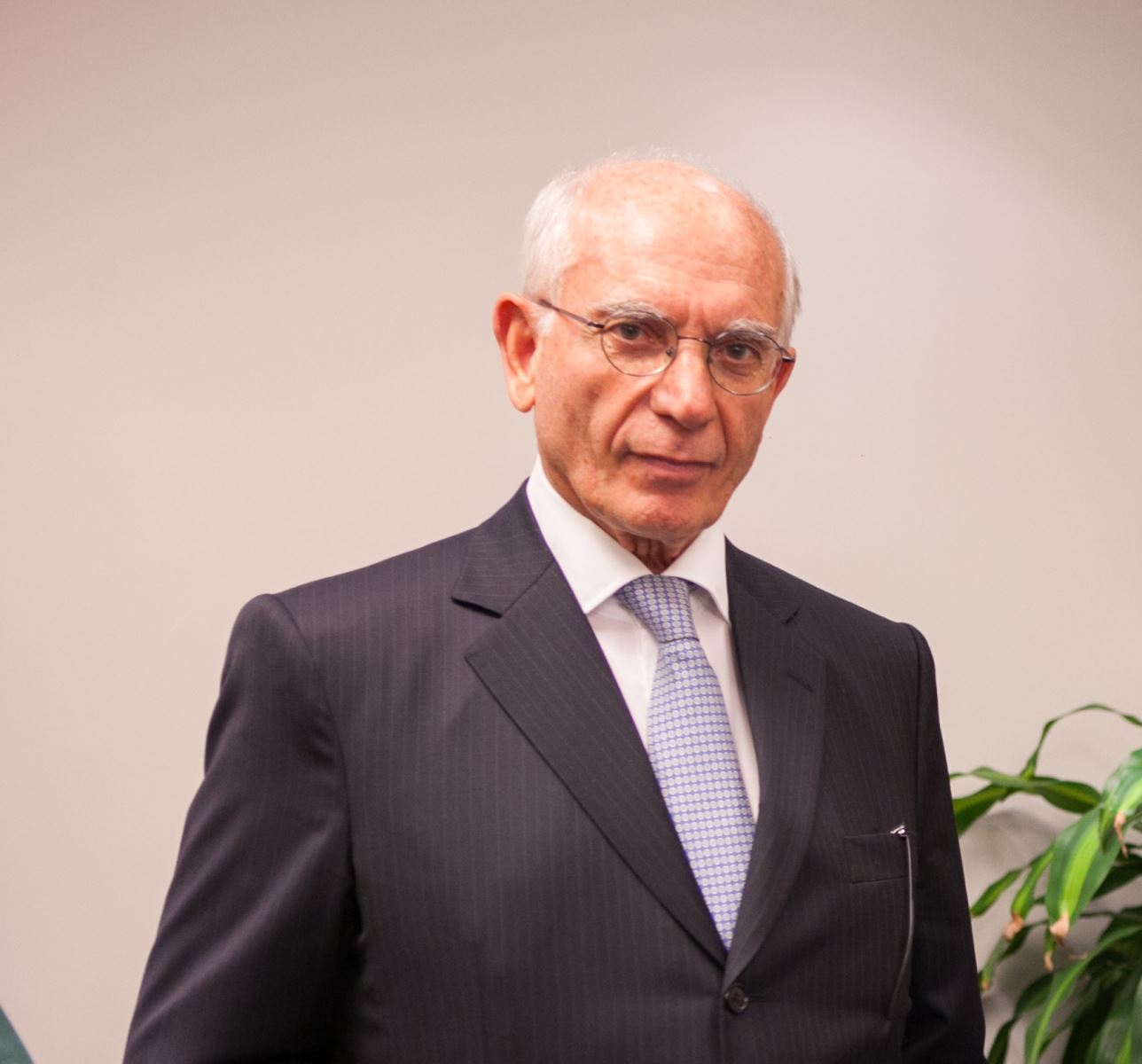
How did you join ABES as an associate?
As soon as I founded Magna Distribuidora and later, Magna Sistemas, I never stopped being worried about the fact that I work in a poorly regulated sector, especially in relation to tax issues. I noticed in ABES, the association that most met my expectations of the agenda for the software and related services sector, with the objective of working for better regulation, promoting the development of the software and services sector and fighting piracy.
When did you start to participate more effectively in ABES?
As soon as I joined the entity, in 1996, I sought to be an active element in helping the sector to regulate itself. So, I started to participate, initially, as a counselor; I joined the boards in the trienniums 95/97 and 98/2000 and became president of the entity in 2001. I was also chairman of the Board from 2004 to 2006 and I continue to be a counselor.
What were the main achievements of the entity in this period?
This period was very important for the software sector in Brazil. In the legislative field, in 2001, ABES presented a bill in the Chamber of Deputies that defined the provision of software as a service. As a result of this work, in 2003, Complementary Law 116 was enacted, which defined the licensing of software as a service, subject to the ISS. Before that, in 2002, we won another victory, with the enactment of Law 13,476, which reduced the ISS on software operations in the city of São Paulo.
During his administration, the company's own headquarters was also inaugurated. What did that mean for association?
Undoubtedly, the inauguration of its own headquarters was a demonstration of the entity's commitment to strengthening the software sector in Brazil and promoting its development. Other initiatives also reflected this effort. We actively contributed to the creation of the Interministerial Committee to Combat Piracy, in 2001, the year in which I also assumed the presidency of the National Council for Information Technology (Conati), which brought together 13 entities in the sector.
What are your prospects for the software and services sector in the coming years?
The software and services sector, regardless of the moment we live in today, will continue to grow, despite the slumping economy in the current period. The growth may not be as strong as in recent years, when it registered a high of more than double digits, but it is a fundamental sector for the country's development in all areas of the economy and public management.
In your view, what will be the next challenges for ABES?
I believe that there will be many challenges ahead, both in the tax area, fighting for more reasonable taxation for the sector, and with regard to the institution of policies aimed at the growth of the software sector in the country. The association will continue to defend the intellectual property of the software, although this situation has now greatly improved. In the 1990s, software piracy reached 90% and today it has been reduced to 50%, which is still a very high rate.












